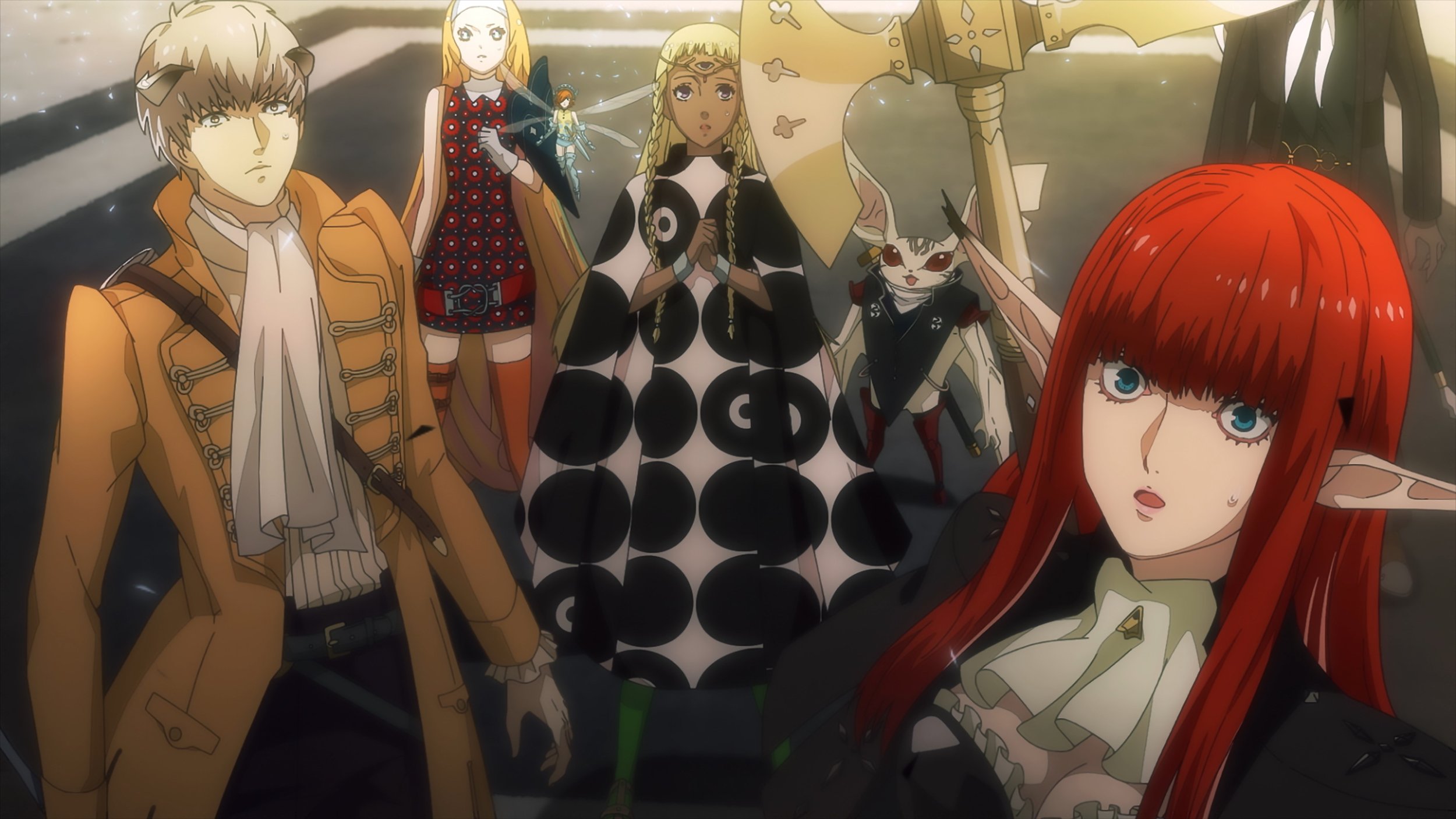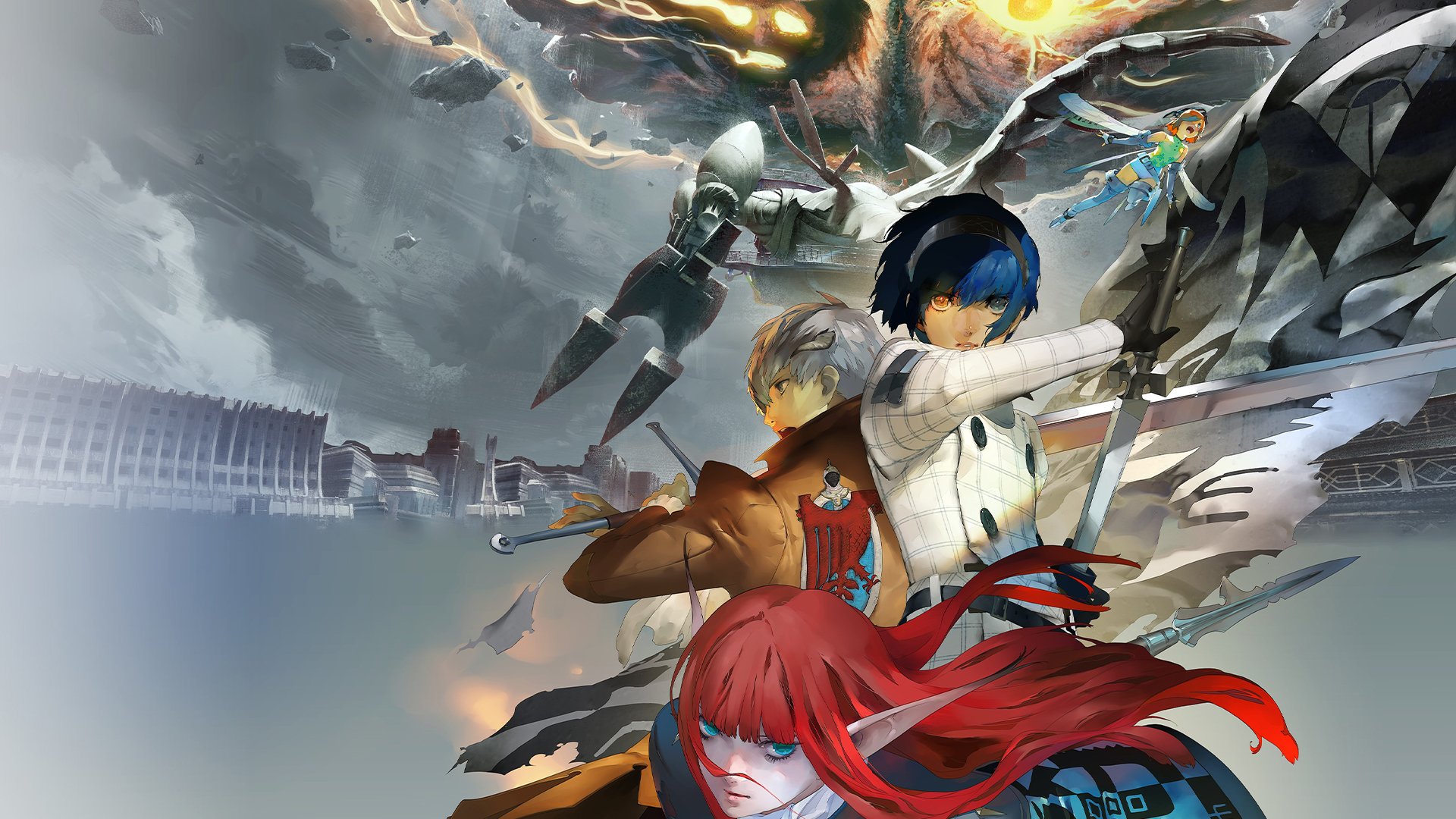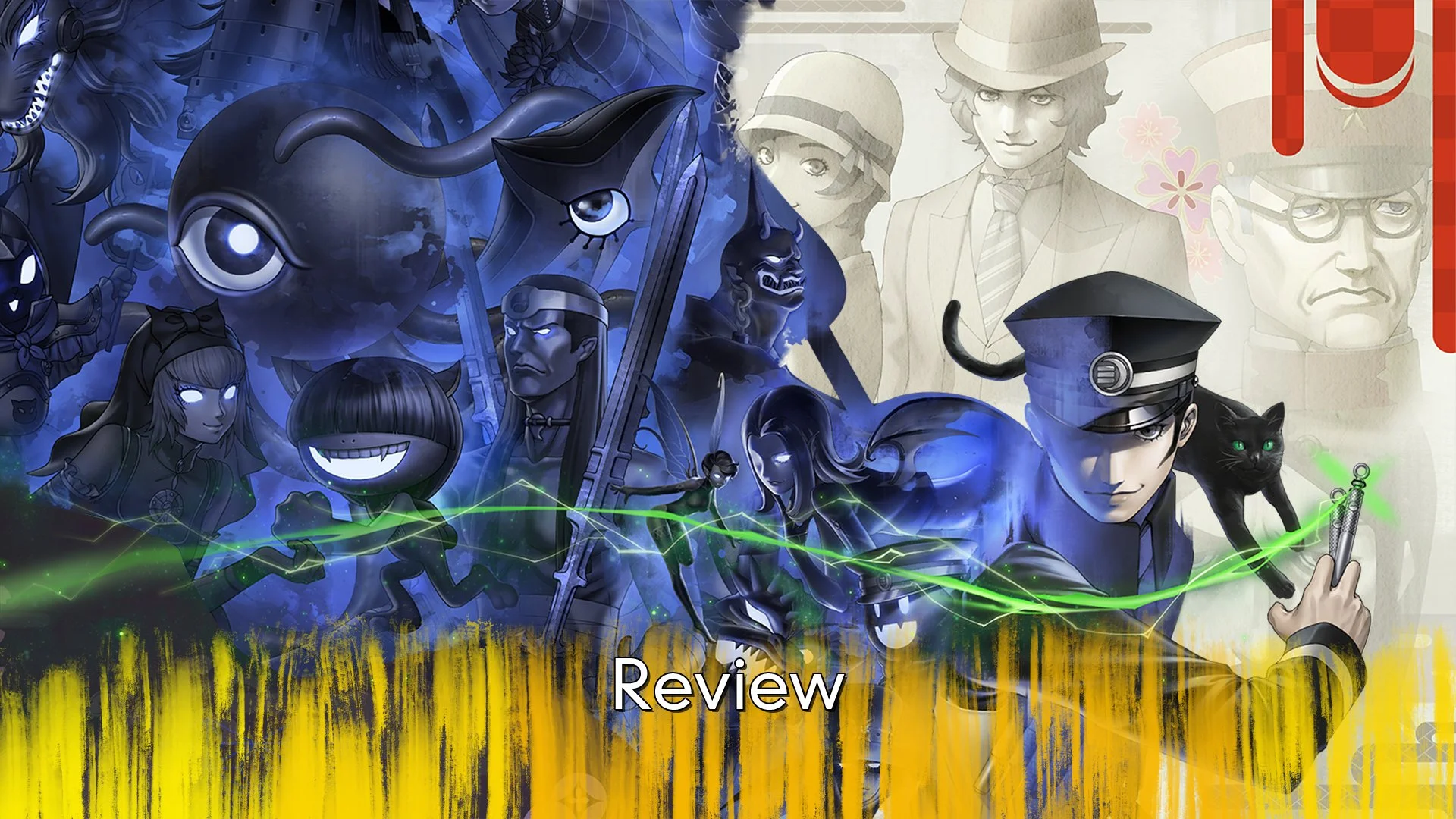Metaphor: ReFantazio - Review

Another day passes and the Age of a New King draws nearer. Atlus have done it once again, bringing a new idea and story into their ever-expanding library of games. Mixing the old with the new, how does Metaphor: ReFantazio stand up to the juggernauts of Persona and Shin Megami Tensei?
Metaphor is the newest RPG epic from Atlus, and more specifically Studio Zero. Studio Zero are team that was formed to develop Catherine: Full Body, an expanded take on the original Catherine title that had developed a cult following. With the JRPG beast behind them that is Atlus, Studio Zero have crafted a fantastic hundred-hour epic, battling themes around injustice, near slavery, and race. Taking the usual Atlus formula and putting their own touch on it, Metaphor stands to be a unique entry from both studios.
Metaphor is, at its core, a powerful narrative looking at heavy themes around inequality and unjust treatment due to the circumstances of one’s birth. Looking at race not through the typical lens of skin colour, but by the very cultural differences and appearance of people and challenges you to do your part to change the world. Be that for the better or not? That remains to be seen. The themes of the story itself are quite heavy, but it is approached in a way that doesn’t belittle or insult the intelligence of the player. It encourages you to make decisions and look beyond the surface to see what is truly going on. In essence, a tournament is started after the murder of the king, to determine who will be the next king to lead.
It is through this, that the protagonist (who you name, and for once doesn’t appear to have a canon name), aims to fulfil a goal given to them. What follows involves subterfuge, assassination attempts, and your own journey in leading people in a war against the world itself to try and change the future and create a world that is only possible in a fantasy novel. Where Persona 5 sometimes had a habit of losing itself to over the top and extended story beats and narrative sections, and Shin Megami Tensei 5 suffered from a lack of story at times. Metaphor seems to have found a pretty good, sweet spot in story heavy sections that give you the freedom to play the game, without leaving you in extended stretches of repetitive gameplay without any feeling of progression.
This is incredibly impressive considering the scale of the game. A strong focus has been put on making the side content relevant to the progress of the main story, so much so that it did at times make me question whether ‘side’ content was the right way to describe the hunts and missions. Auxiliary actions to the story may be more accurate. As a result, however, like Persona 5, that hundred hour run time is hard to shave time off. This is likely to balloon out somewhat on higher difficulties as well where regularly progressing days to recover and push further into dungeons. The reality is that even though the game is going to take a huge chunk of your time, it is paced and built in a way that never makes it feel like you aren’t making progress or getting stuck in sections of obnoxious story.
Interestingly, though the barebones of what has made the Atlus combat system is here, there are significant changes as well that make it stand on its own. The most major of changes is around the way that magic is dealt with in the game. Steering away from the iconic demon summoning system that has filled Persona and Shin Megami Tensei, as well as other spin-off titles since the beginning, there is a sort of class system implemented in Metaphor. As you progress through the game and build your relationships with other characters, you’ll unlock more classes that you can learn and allocate to your team members. This follows a far more traditional job/class RPG system, that makes Metaphor feel more approachable than other Atlus titles may typically feel.
Each class has their own levelling tree, with certain levels being pre-requisites for unlocking other more powerful or advanced classes. An interesting choice was made to keep certain abilities iconic names, such as Hama and Mudo, but to change the names of elemental abilities. Cyclo, Bot, Kanda and Blizz are used in place of names like Zio and Zan. Skill altering abilities have also kept their traditional names. I’m not entirely sure on the reason for the few name changes, as they seem superfluous more so than necessary.
The most interesting addition is the use of the overworld attacks. Historically hitting enemies from behind in other Atlus titles simply gives you a battle advantage, or in the very least gives you the ability to take the first action. Metaphor has expanded on this a little bit. In the case of equal levelled enemies, you can hit them enough times to stun them (or get the instant stun with a back attack). This requires you to be aware of the actions of the enemies to not get hit and get ambushed by them. When you are sufficiently over-levelled however, hitting the enemies will allow you to simply kill them in the overworld. Still rewarding you with money and experience, it means you aren’t going to be fighting a stupid number of unnecessary battles against underpowered enemies. It’s a small addition, but over the length of the game and the sheer number of dungeons and different enemy mobs you’ll encounter, it’s a welcome one.
The overall design of the game is immaculate too. Cutscenes will seamlessly switch between in-world cutscenes to anime-like ones, without a need to buffer or put disconnecting load screens between scenes. The seamless transitions between gameplay into cutscenes cannot be understated either. There is a familiarity with the design of the characters and the class transformations, but there is also a unique feel as well. At times the difference races of characters with their animal-like features almost feel Final Fantasy-esque. The blend of the familiar, with the new and unique feels refreshing.
The major problem with Metaphor: ReFantazio however is that despite the new additions, the few changes and unique visuals, it’s just another Atlus game. This isn’t a dig in the slightest, but it is a case of how many times can you churn out the same thing and hope that people don’t get sick of it? Metaphor is going to keep people interested for sure, but if we get Medieval Persona again, will people be as interested? I don’t think so. The issue with Metaphor is that it plays it just a little bit too safe. There isn’t enough changes and new shiny things to make it feel different to other Atlus titles that have been put out in recent years.
Further to this, Metaphor despite having some lovely songs in the OST, there is a lack of real iconic songs here. A lot can be forgiven if the game sticks in your mind long after you turn it off, but it does seem like Metaphor is going to struggle to stick in the mind in the same way as Persona 5 has. Its unfortunate, but its not something that can simply be fixed. The music makes sense to the world, and there is even an in-game and in-world lore reason for why there is background music, which is a cool concept. But beyond the phrase that is said at the start/end of each day, there isn’t a huge amount of extra parts of the game that continue to sit in the mind.
Further to this, the cast of the characters are some of the blandest in an Atlus title. There is struggle and difficulty in their backstories, but for the most part they are almost sickening moralistic and good people. There is a lack of depth to the characters that really makes you feel a growing attachment to them, and in turn it can make wanting to do the character relationship building events a burden or chore. It’s not the most egregious thing in the world, but when you’re spending hundreds of hours with these characters, not giving them substantial depth and intrigue can make it frustrating to deal with.
Metaphor: ReFantazio is a great RPG. It is the start of Atlus attempting to expand their formula, but at times plays it a little too safe. The story is unique, interesting and approach’s themes that may be hard to delicately approach in the same way for many other games. The combat is interesting, and the changes to the usual formula here make it a far more enjoyable experience than one may initially expect on the surface. Further to that, the design fits the narrative and combat seamlessly and makes the world feel significantly alive. It is unfortunate that there is a lack of real sticking factors in the music, and the cast of characters feels a little under-developed compared to everything else that is going on around them. Overall, the game is a great step, but I would like to see more from Atlus in future titles. Risks are needed to really breakthrough again.
The Score
8.5
Review code provided by Atlus
The Pros
Combat has great changes and features not seen previously
The story is the best part of the game, without over staying its welcome
The classes all feel unique and different allowing for lots of ways to approach the game
The Cons
The cast of characters feel under-developed and lacking real depth
Some ability names feel changed for the sake of being changed
OST is somewhat bland compared to other titles from Atlus











